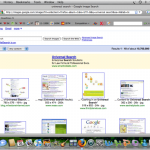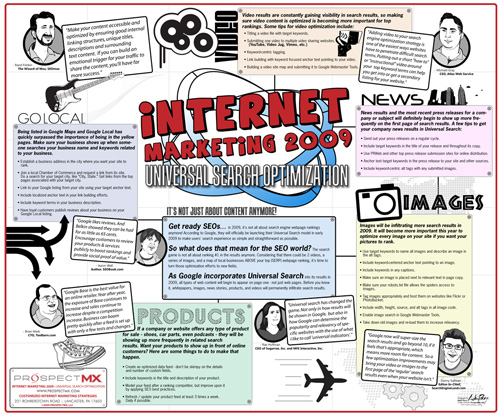Yahoo! Will Stop Ripping Off Searchers via Paid Inclusion Soon
 I have been known when I speak to groups around the country when publicly asked about ranking in Yahoo! to smirk a bit. I have despised Yahoo! for years becuase of their completely unethical practice of having you pay them to be included in their “organic” results. Well, it’s coming to an end, largely because of their deal with Microsoft.
I have been known when I speak to groups around the country when publicly asked about ranking in Yahoo! to smirk a bit. I have despised Yahoo! for years becuase of their completely unethical practice of having you pay them to be included in their “organic” results. Well, it’s coming to an end, largely because of their deal with Microsoft.
Barry Schwartz broke the news a few days ago and included this from Yahoo! in his post:
We are committing our resources and efforts to our core areas of focus, including improving the search experience and relevancy of our ads to increase user engagement and ROI for advertisers, and as a result, have decided to exit Search Submit. We have stepped up innovation in Search Marketing, recently rolling out search retargeting, Rich Ads in Search and improved matching technology, and in Consumer Search, with enhancements like the new search results page. These enhancements deliver value, control, innovation and relevance to our advertisers, leading to increased ROI.
Yahoo! will exit Search Submit at the end of 2009. Yahoo! is providing those advertisers affected by the decision a sufficient lead time to assist in the transition. In addition, Yahoo! has recently announced a series of important enhancements to its Search advertising business and will work closely with many Search Submit advertisers to provide them with search solutions that will benefit their businesses.
The Take Away
So what does this mean for business owners and marketers? My advice is to begin paying attention to Bing’s results if you’re concerned about engines other than Google. We believe that you’re going to see Bing’s results when you search on Yahoo! in the coming months.





 The market for eBooks is so cluttered with lead gen tools that when a thought provoking piece enters the market, I think it deserves a pat on the back. “Sticky SEO” by David Leonhart - President of
The market for eBooks is so cluttered with lead gen tools that when a thought provoking piece enters the market, I think it deserves a pat on the back. “Sticky SEO” by David Leonhart - President of 
